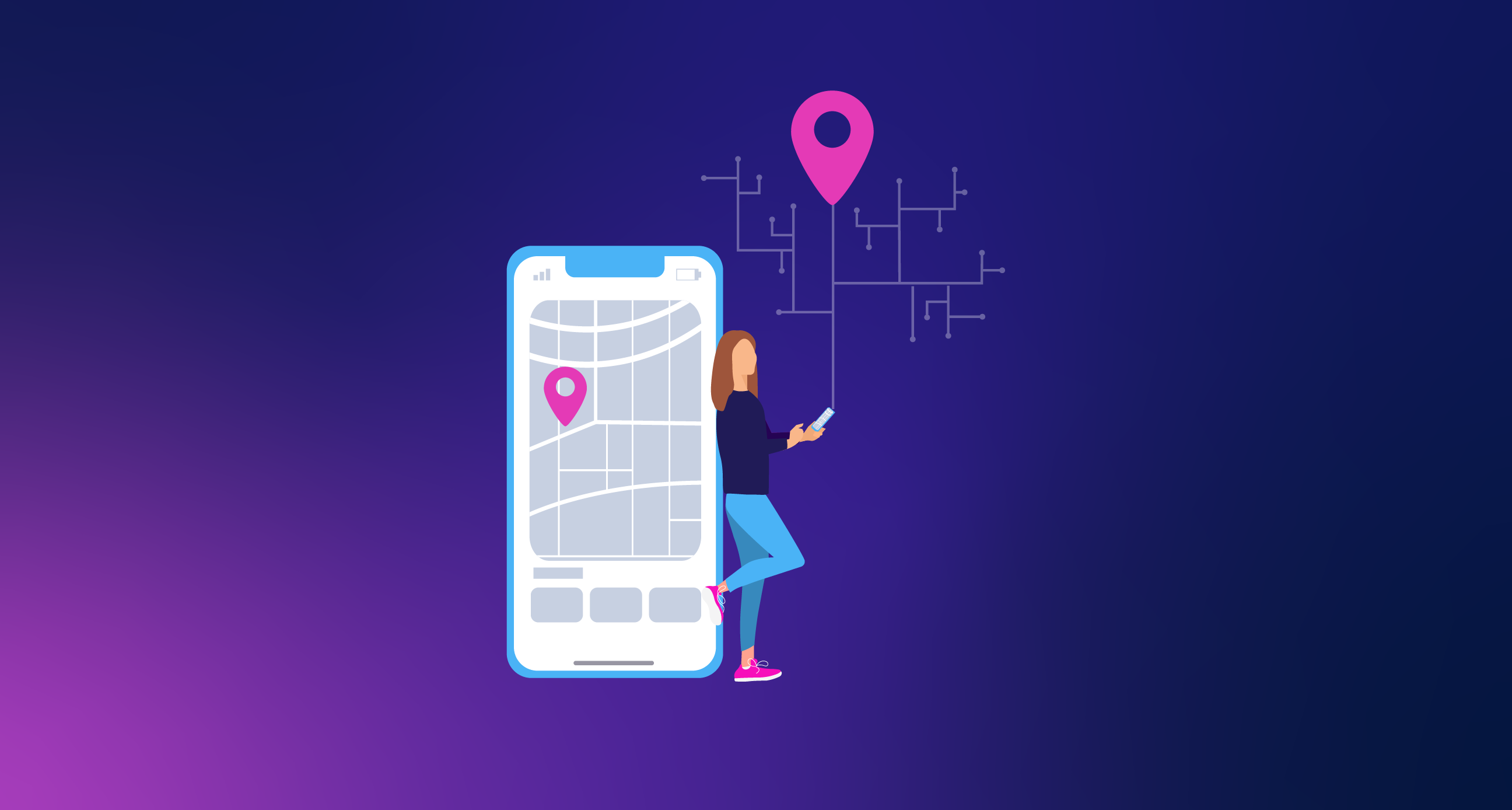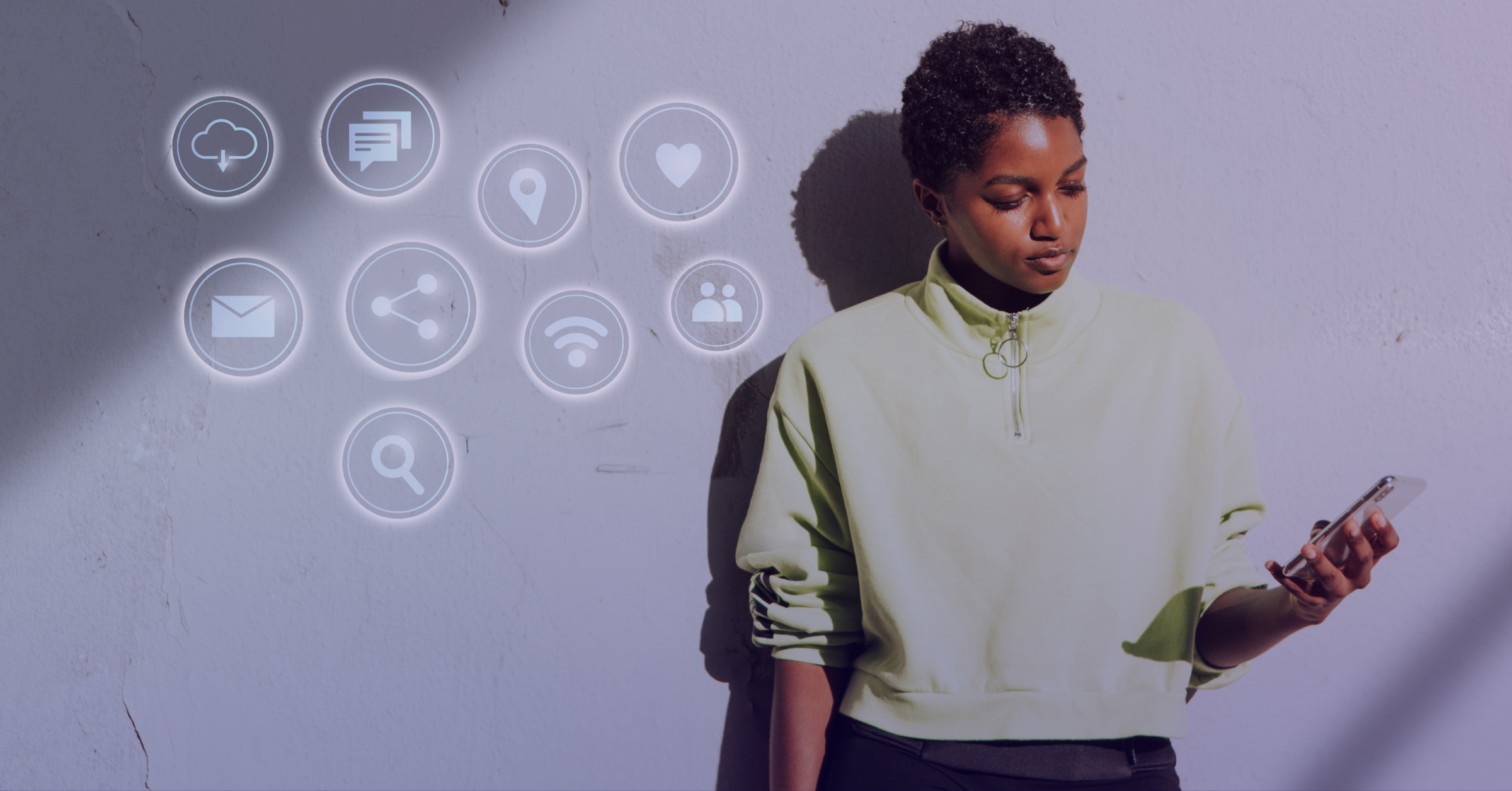The Power of Location‑Based Marketing in the Digital Era

In today's hyper-connected world, businesses constantly seek innovative ways to engage with customers. While digital marketing offers a plethora of tools and strategies, Location-Based Technology (LBT) stands out as a game-changer. But how does LBT fit into the broader landscape of digital marketing and customer engagement?
Digital Marketing: Beyond the Screen
Digital marketing has evolved from merely being present on screens to interacting with consumers in real-time, in the real world. LBT bridges the gap between online campaigns and offline consumer behaviors. By understanding where a consumer is physically, businesses can tailor digital interactions that resonate with the consumer's immediate context. This fusion of the physical and digital realms offers businesses a unique advantage in crafting hyper-relevant marketing messages.
While each marketing channel holds its own significance, an omnichannel strategy unifies these channels into a digital marketing powerhouse by consolidating and leveraging valuable information. Moreover, an omnichannel approach fosters a seamless customer experience. When customers receive consistent messaging and offers regardless of whether they engage with the brand through social media, email, website, or in-store visits, it enhances their overall satisfaction and loyalty. The ability to switch between channels without encountering disjointed or conflicting information ensures a smooth and enjoyable journey for the consumer.
Enhancing Customer Engagement with Context
Customer engagement is no longer just about presenting products or services. It's about creating meaningful, context-driven interactions. LBT provides this context. Picture this: a shopper strolls by their favorite store and instantly receives a personalized discount offer tailored to the items they’ve added to their mobile shopping bag. This isn't just marketing; it's an enhanced customer experience driven by understanding and anticipating consumer needs based on location.
Leading retailers, such as Starbucks, have mastered the art of meaningful engagements. Utilizing LBT, they send targeted push notifications to customers, offering irresistible deals like happy hour specials with half-price drinks. This not only entices customers with discounts, it helps brands understand their customers’ unique preferences. By analyzing customer behavior, Starbucks tailors their content, ensuring that coffee lovers receive personalized recommendations perfectly aligned with their tastes and preferences.
The Broader Digital Landscape
As the digital landscape becomes increasingly saturated, businesses constantly compete for consumers' attention, making it crucial to have strategies to break through the noise. LBT offers a way to stand out. Integrated with other digital marketing tools, such as AI-driven analytics, chatbots, and augmented reality (AR) experiences, LBT can elevate a brand's digital presence and engage customers in innovative ways.
For instance, retailers can use AR to allow consumers to visualize products in real-world settings. When coupled with LBT, the content remains highly relevant to the consumer’s current location. For instance, with a combination of AR and LBT working seamlessly together, shoppers can visualize how a piece of furniture would look in their own living room using their phone.
The synergy between LBT and advanced digital marketing tools is not limited to retail. In fact, it’s setting new standards for digital engagement across many sectors in our digital world—for instance, in the tourism industry. Cleveroad reports that tourists can now use navigation apps integrated with LBT AR, allowing them to effortlessly locate restaurants or shops simply by pointing their camera at the street. This intuitive experience enhances the overall travel experience, making it easier for tourists to explore new destinations.
The Ethical Side of LBT
While LBT offers immense potential, it's essential to approach it ethically. Respecting consumer privacy should be the cornerstone of any location-based initiative, and protecting location data from unauthorized access and ensuring secure storage is non-negotiable. Implementing robust cybersecurity measures and regular security audits are crucial in safeguarding sensitive customer information.
Consumers are increasingly aware of the information they share and how it is utilized. Ensuring opt-in permissions and transparency about how location data is collected, stored, and utilized helps build trust.
Additionally, consumers are more likely to share their data if they perceive real value in doing so. Businesses should offer tangible benefits or incentives—such as personalized discounts or exclusive access to events— in exchange for this information. When customers understand how their location-based data will be used and how it can improve their brand experience, they are more likely to share this information.
The Future is Contextual
As technologies evolve, the lines between the digital and physical worlds will blur further. LBT is at the forefront of this evolution, offering businesses a tool to engage consumers in meaningful, context-driven ways. Businesses that understand and harness the power of LBT will lead the way in creating truly integrated and impactful digital marketing experiences.


